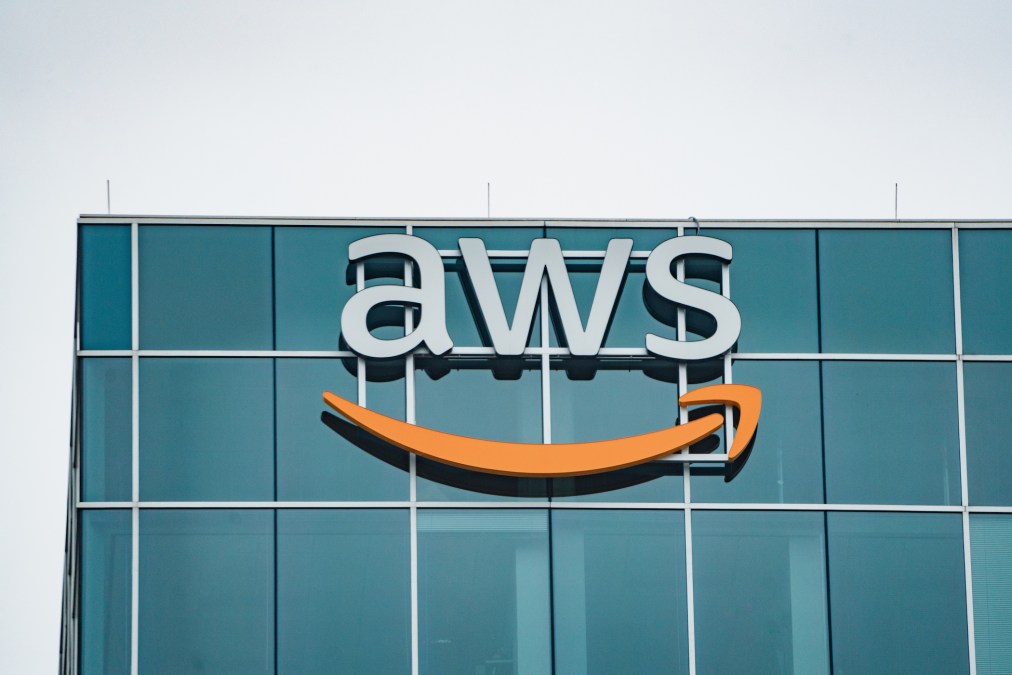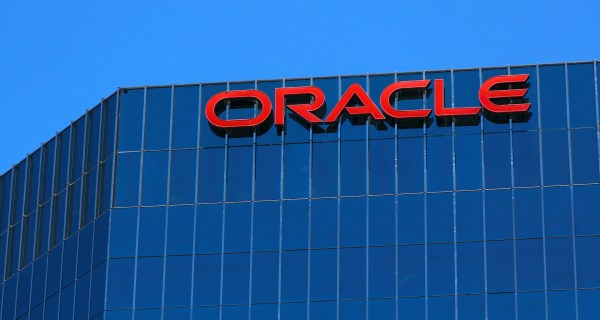AWS urges Supreme Court to reject Oracle JEDI review petition

Amazon Web Services has filed a brief with the U.S. Supreme Court urging it to reject an earlier petition by Oracle to renew its challenge to the Pentagon’s $10 billion Joint Enterprise Defense Infrastructure (JEDI) contract.
In a filing on June 18, the web hosting giant says Oracle’s case should not be heard because it relies on the contention that personal conflicts of interest with Department of Defense employees affected the outcome of the case.
“The alleged personal conflicts of interest (which concern the actions of DoD employees, not the actions of AWS) are highly fact-bound and had no effect on Oracle’s exclusion from the competitive range,” Amazon said in its filing to the court.
Oracle in January sought a review of the U.S. Court of Appeals for the Federal Circuit’s decision to uphold lower court rulings, which found it didn’t meet basic security requirements necessary to be considered for the contract. It represented the latest salvo in Oracle’s challenge to the contract, which was first launched in late 2018 alleging that DOD’s decision to award the contract to a single vendor was illegal.
Oracle also raised questions around conflicts of interest involving DOD employees involved in the procurement who went on to take jobs with Amazon — even though Amazon would ultimately lose its bid for JEDI.
In its latest submission to the court, Amazon argues that even if the court were to decide that officials involved in the contract procurement process were open to influence, it would not impact the outcome of the case because Oracle did not meet the basic gate security criteria for the contract.
“Specifically, DoD found that Oracle’s proposal failed to satisfy Gate 1.1, and Oracle conceded that it failed to satisfy Gate 1.2 ‘at the time of proposal,” AWS said in its Supreme Court brief.
AWS argues that it is not the appropriate venue for hearing such allegations because they are “intensely fact-based” and have no clear bearing on the contract’s outcome.
The filing of the brief is the latest step in the long-running dispute, and comes amid continued uncertainty over JEDI.
On Monday, Deputy Secretary of Defense Kathleen Hicks said the DOD could take a new direction on the contract by next month, and that it was “actively looking at [its] options”.
Earlier this month, a Court of Federal Claims judge granted AWS’s requested timeline for hearings in separate litigation objecting to DOD’s award of JEDI to Microsoft. The web hosting giant continues to seek the disclosure of additional internal communications from the Department of Defense, including emails and Slack messages.
This follows a decision in April by the same court to stop the government from dismissing AWS’s allegations of political interference. The DOD in January sent an “information paper” to Congress explaining the potential impacts if the case continued for an extended period.
AWS and Oracle did not immediately respond to a request for comment. A DOD spokesperson declined to comment.





